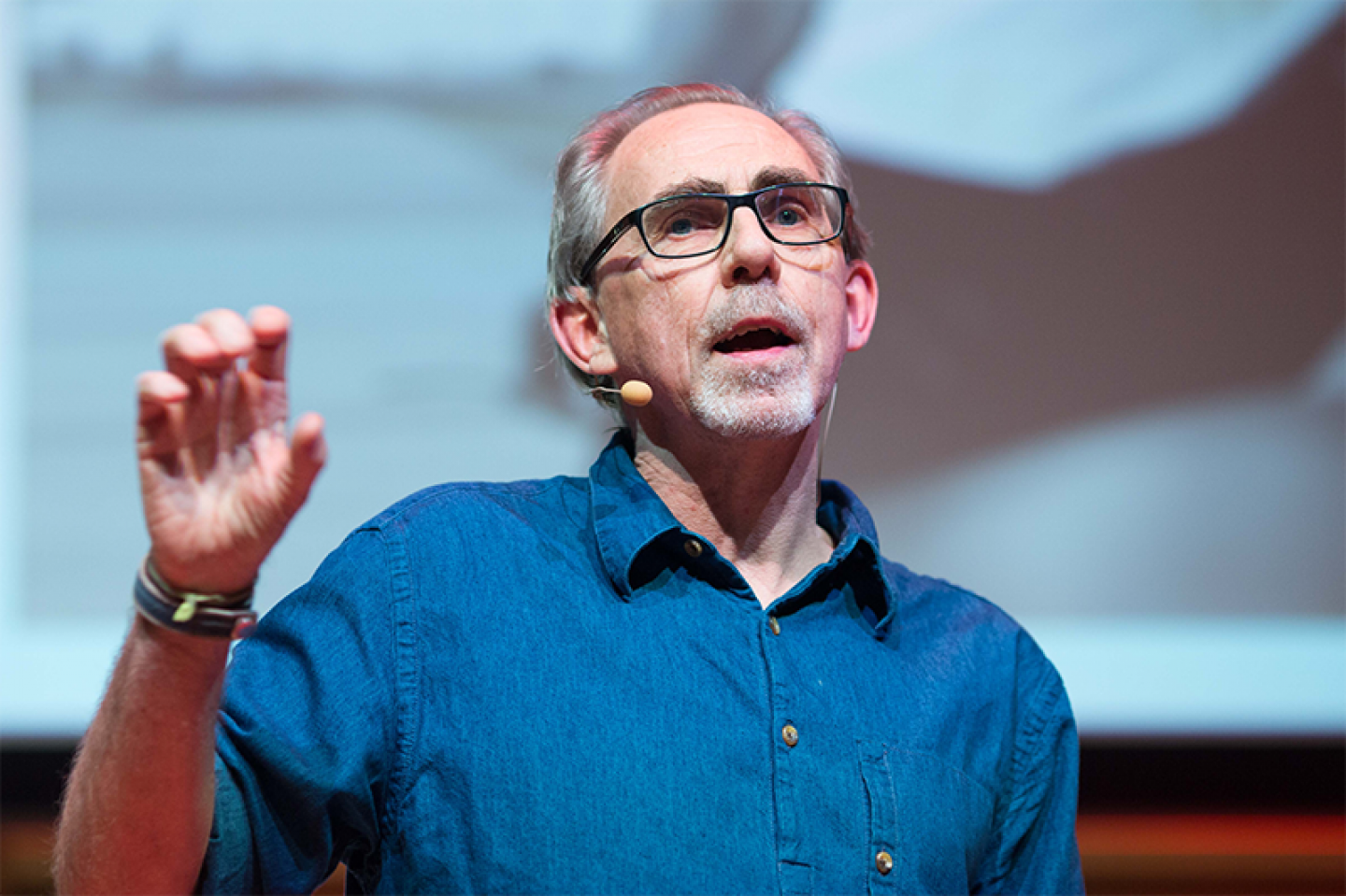The Lancet publishes a letter from academics, including Martin Caraher, Emeritus Professor of Food and Health Policy at City, seeking to overturn the decision.
By Mr Shamim Quadir (Senior Communications Officer), Published
Referring to the cancellation of Israel's sweetened beverage tax, as "a grievous blow to public health," a group of senior health academics have published a letter in the medical journal, The Lancet, seeking to overturn the decision.
Approximately 64 percent of adults in Israel are overweight, according to the World Health Organization (WHO), whose metric for being overweight is a body mass index (BMI) greater than 25, and childhood obesity is on the rise. Poor populations are particularly affected and carry the greatest burden of associated chronic disease. The direct and indirect costs of obesity to Israeli society are estimated as 20 billion New Israeli Shekels (NIS) per year, equivalent to £4.8 billion.
"Since its introduction a year ago, the tax has reduced the consumption of sweetened drinks by about 10%," says Professor Aron Troen of the Hebrew University of Jerusalem, co-author of the letter and a member of the World Federation of Public Health Associations. “The fact that world health leaders have responded shows what an important issue we’re dealing with. Cancelling the tax is irresponsible, an act of public health malpractice, and an outrage.”
In the letter, the authors state that, "Revoking the tax will undoubtedly harm lives and increase the direct and indirect economic costs to Israel's health system and economy, both in the short term and long term. More broadly, this act undermines hard won progress made elsewhere around the world. It is a serious setback for evidence-based public health policy and will be celebrated by vested interests who promote their products and disregard the need for policies that uphold the public's health and welfare. This decision will be seen as prioritising sectorial political interests over incontrovertible scientific evidence and public health best practice."
Martin Caraher, co-author of the letter and Emeritus Professor of Food and Health Policy at the Centre for Food Policy, City, University of London, said:

The group conclude their letter by, "calling on the Government of Israel to reconsider and retract this ill-conceived and hasty decision. Instead, let the revenue from the soda tax be used to combat chronic diseases including obesity, as well as promote nutrition security by increasing economic access to healthy diets, narrowing health disparities, improving the health and welfare of all Israeli citizens, and setting an example for world health leadership."
Find out more
Read the letter, 'Israel decides to cancel sweetened beverage tax in setback to public health,' published as a Correspondence in The Lancet.
Further co-authors of the letter are:
- Dr Darius Mozaffarian, Dean for Policy, Friedman School of Nutrition Science, Tufts University, USA, who co-chairs the task force that informed the White House Conference on Hunger and Nutritional Security
- Barry Popkin, health economist and W. R. Kenan Jr. Distinguished Professor of nutrition at the UNC Gillings School of Global Public Health, USA
- Professor Hagai Levin, School of Public Health, Hebrew University of Jerusalem and chair of the Israeli Association of Public Health Physicians; NCDS Prevention & Health Policy Working Group
- Dr Amy Lazarus Yaroch, Gretchen Swanson Center for Nutrition, Omaha, NE, USA
- Dr Ana Paula Bortoletto Martins, School of Public Health, São Paulo University, São Paulo, Brazil; Brazilian Association of Public Health, Rio de Janeiro, Brazil; NCDS Prevention & Health Promotion Working Group
- Professor ldefonso Hernandez Aguado; Department of Public Health, History of Science, and Gynaecology, University Mihuel Hernández, Alicante, Spain; NCDS Prevention & Health Policy Working Group
- Dr Miguel Ángel Royo Bordonada, Spanish School of Public Health, Institute of Health Carlos the Third, Madrid, Spain; NCDS Prevention & Health Promotion Working Group.
